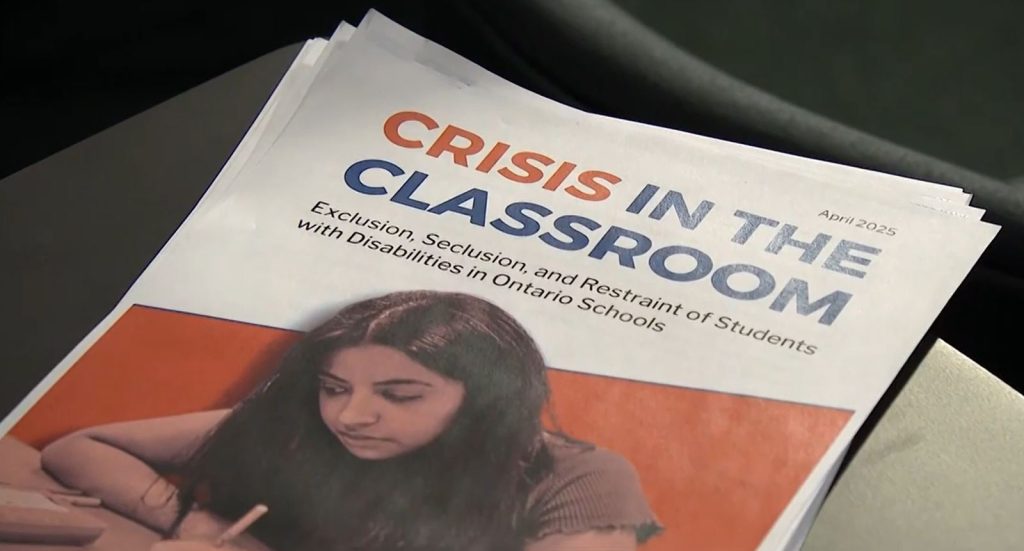The Toronto City Council has recently enacted a new congestion management plan, which notably includes a last-minute amendment from Mayor Olivia Chow. This amendment proposes the hiring of a "traffic czar" tasked with alleviating the city's traffic congestion issues.
Mayor Chow emphasized the importance of having a dedicated individual in charge of managing traffic concerns, stating, “Having a lead, a person in charge, which means that person will take the responsibility and all bucks will stop with that person.” This new position is aimed at consolidating responsibility and ensuring a direct line of accountability for traffic management.
The appointed czar will oversee a range of factors contributing to congestion, including construction projects and public transit challenges. According to city officials, the traffic czar will be selected by the city manager from existing city staff, but the specific powers and performance evaluation criteria for this role remain ambiguous.
Concerns have been raised by some councillors regarding the potential effectiveness of the traffic czar. Etobicoke Centre Councillor Stephen Holyday expressed skepticism, saying, “I don’t know how that person’s success will be measured. I don’t know if council is setting them up to fail. Will council be happy with the results? Will that person get fired if congestion continues to rise?” His comments reflect a broader anxiety about the responsibility and expectations placed upon the new appointee.
Critics of Mayor Chow argue that the traffic czar should be appointed directly by her office instead of the city manager. Beaches-East York Councillor Brad Bradford has been vocal about his stance, asserting, “The mayor should be the CEO of the City of Toronto, and rather than delegating, ducking, dodging responsibility for key files, she should wrap her arms around that.” He further noted that with the strong mayor powers currently in place, Chow has the ability to establish this office independently, suggesting that it would allow for more direct control and oversight.
On the other hand, some councillors, such as Toronto-Danforth Councillor Paula Fletcher, have expressed support for the new move. Fletcher remarked that while she might hesitate to label the position as a "czar," it is beneficial to have someone constantly monitoring congestion levels, analogous to a "drone" observing the city's traffic situation. She stated, “Somebody who’s really watching what’s happening isn’t a bad idea.”
The city faces substantial challenges regarding its traffic situation, as the congestion czar position is expected to be filled within the upcoming month. Notably, there has been a 26 percent increase in registered vehicles in Toronto compared to a decade ago, coupled with the city being the busiest in North America in terms of construction activities. This context underscores the urgency and significance of the traffic czar's impending role in addressing the ongoing congestion problems that plague the city.











